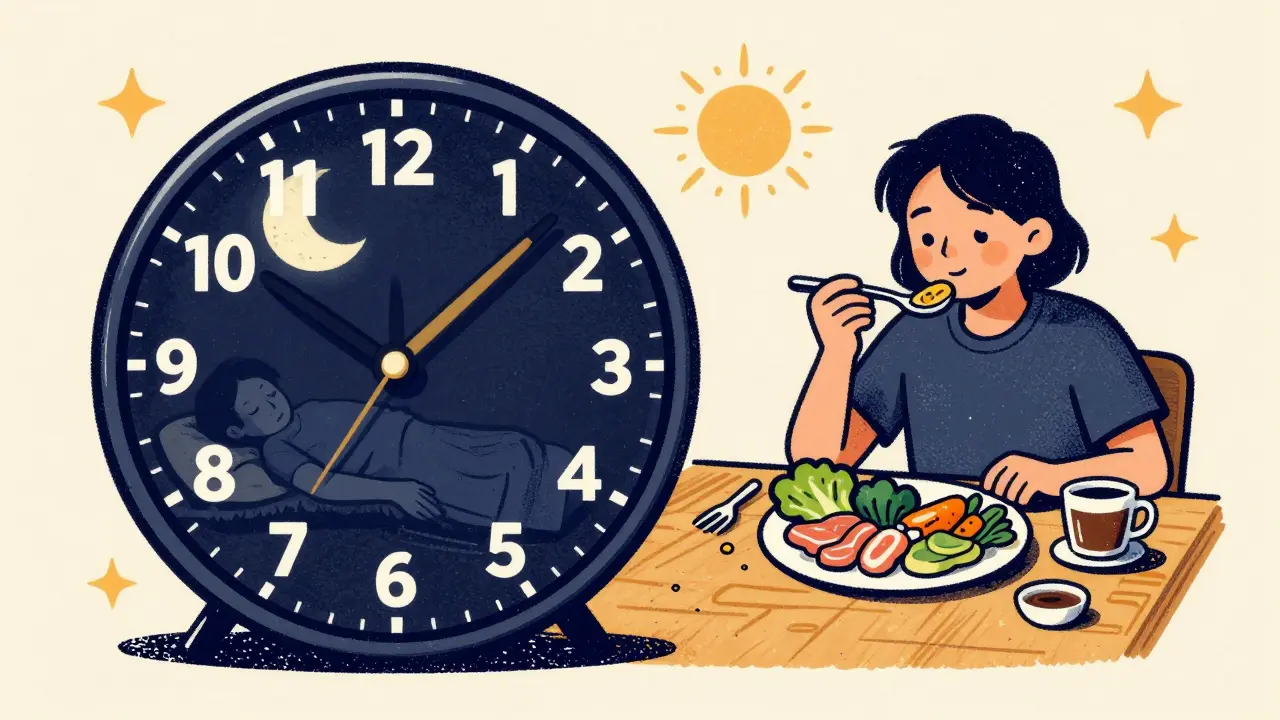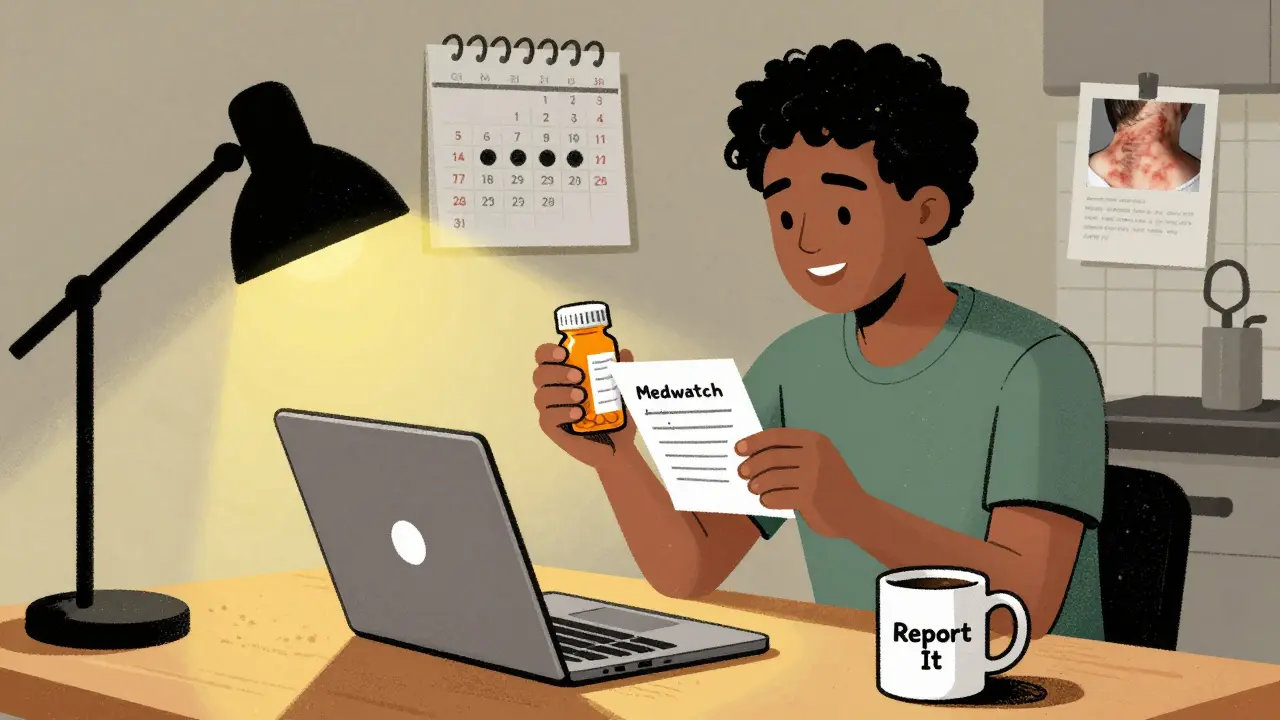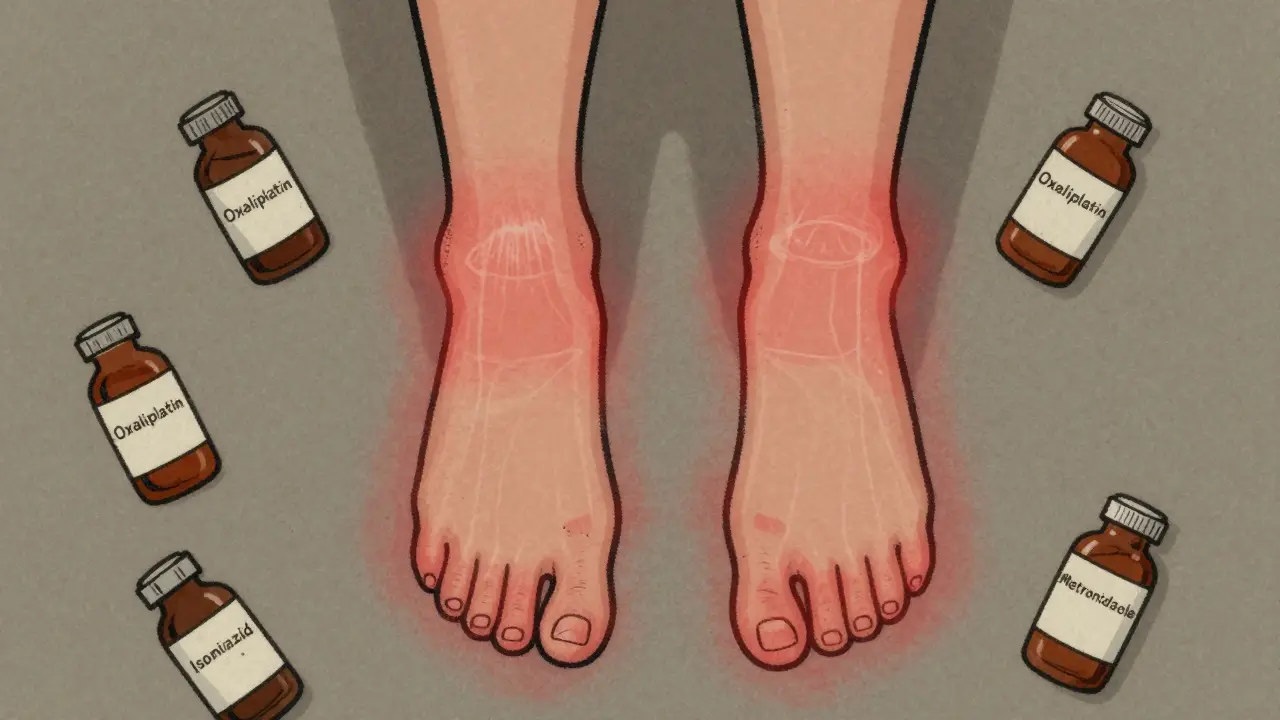Prescription Sleeping Pills: What They Are and How They Help
If you struggle to fall asleep or stay asleep, a doctor might suggest a prescription sleeping pill. These meds are meant for short‑term relief of insomnia when lifestyle changes haven’t worked. They work by targeting brain chemicals that control alertness, making it easier to drift off and stay asleep.
Common prescription sleep aids
Not all sleep pills are the same. The most frequently prescribed ones include:
- Zolpidem (Ambien) – a fast‑acting pill that helps you fall asleep quickly. It’s usually taken right before bed and works for a few hours.
- Eszopiclone (Lunesta) – stays in your system longer, so it can help both falling asleep and staying asleep.
- Benzodiazepines (e.g., temazepam, lorazepam) – older class of drugs that calm the brain. They’re effective but can cause dependence if used for months.
- Ramelteon (Rozerem) – mimics melatonin, the hormone that tells your body it’s nighttime. It’s not habit‑forming, making it a good option for people worried about addiction.
Each medication has its own dosage guidelines, so never guess how much to take. Your doctor will base the dose on your age, health status, and how severe your sleep problem is.
Safety tips and when to seek help
Prescription sleep pills can be a real game‑changer, but they need to be used responsibly. Follow these simple rules:
- Take the pill only when you have a full night (7‑8 hours) ahead. Sleeping shorter can leave you groggy the next day.
- Avoid alcohol and other sedatives. Mixing can make breathing slow and dangerous.
- Don’t drive, operate heavy machinery, or make important decisions until you know how the drug affects you.
- Tell your doctor about any other meds, especially antidepressants, antihistamines, or opioids. Interactions can increase side‑effects.
- Watch for signs of dependence: needing higher doses, feeling anxious without the pill, or trouble stopping it.
If you notice persistent dizziness, memory gaps, unusual behavior, or strong cravings, contact your doctor right away. Also reach out if insomnia returns after you stop the medication – it might mean you need a different treatment plan.
In many cases, doctors combine a short prescription with sleep‑hygiene advice: keep a dark room, limit screens before bedtime, and stick to a regular sleep schedule. The combo often works better than the pill alone.
Bottom line: prescription sleeping pills can help you reclaim restful nights, but they’re most effective when you use them exactly as prescribed and stay alert to side effects. Talk to your healthcare provider about the best option for your situation and keep the conversation open if anything feels off.





